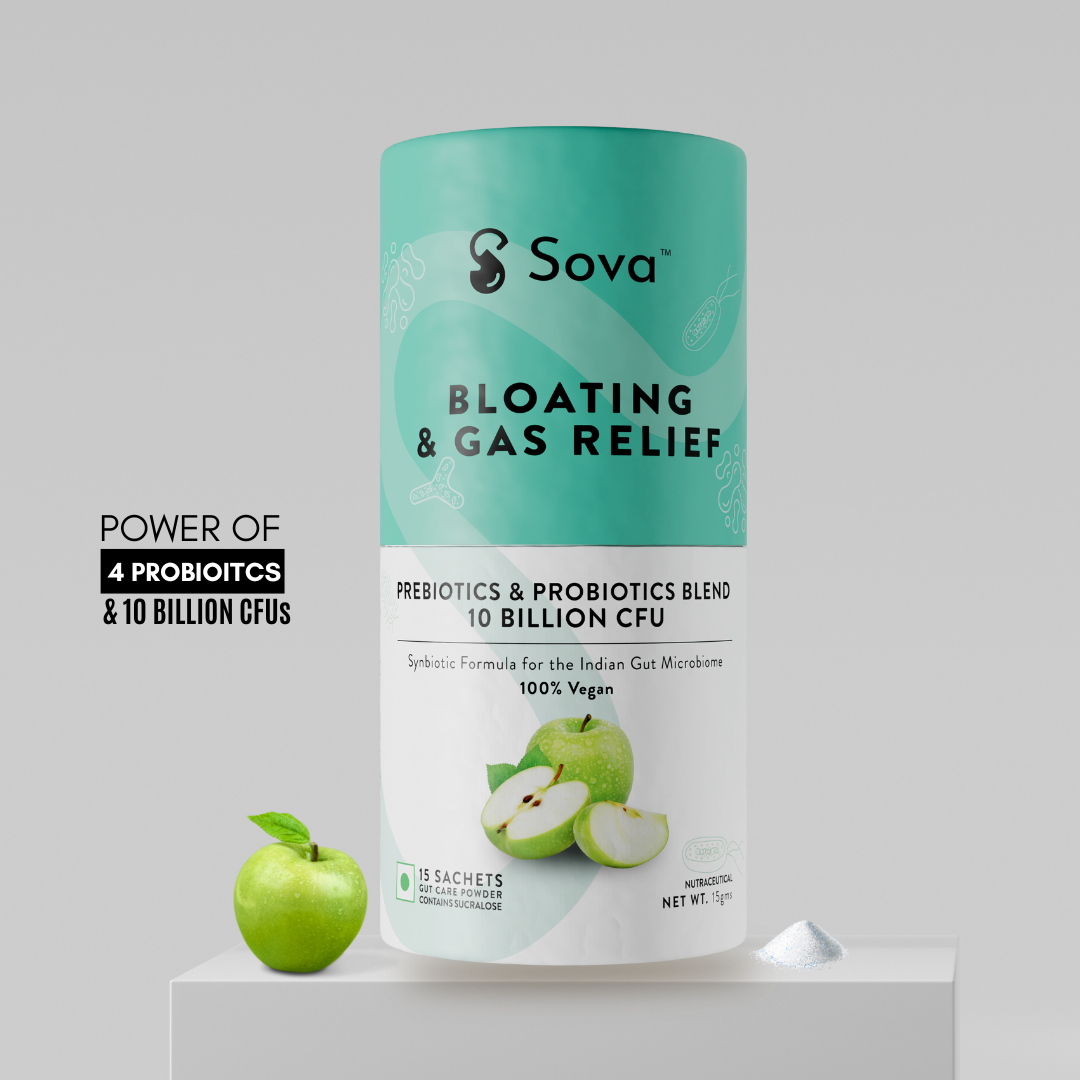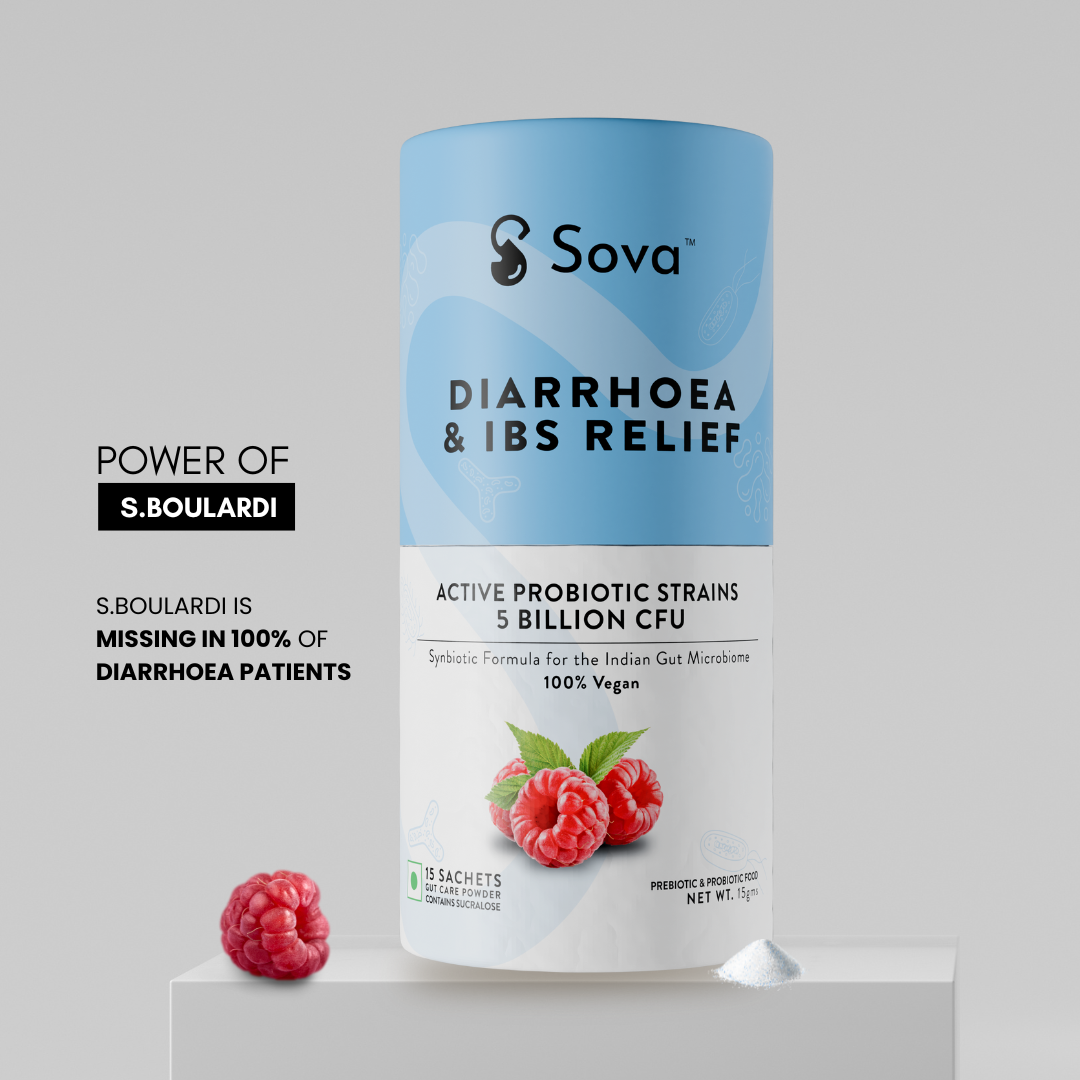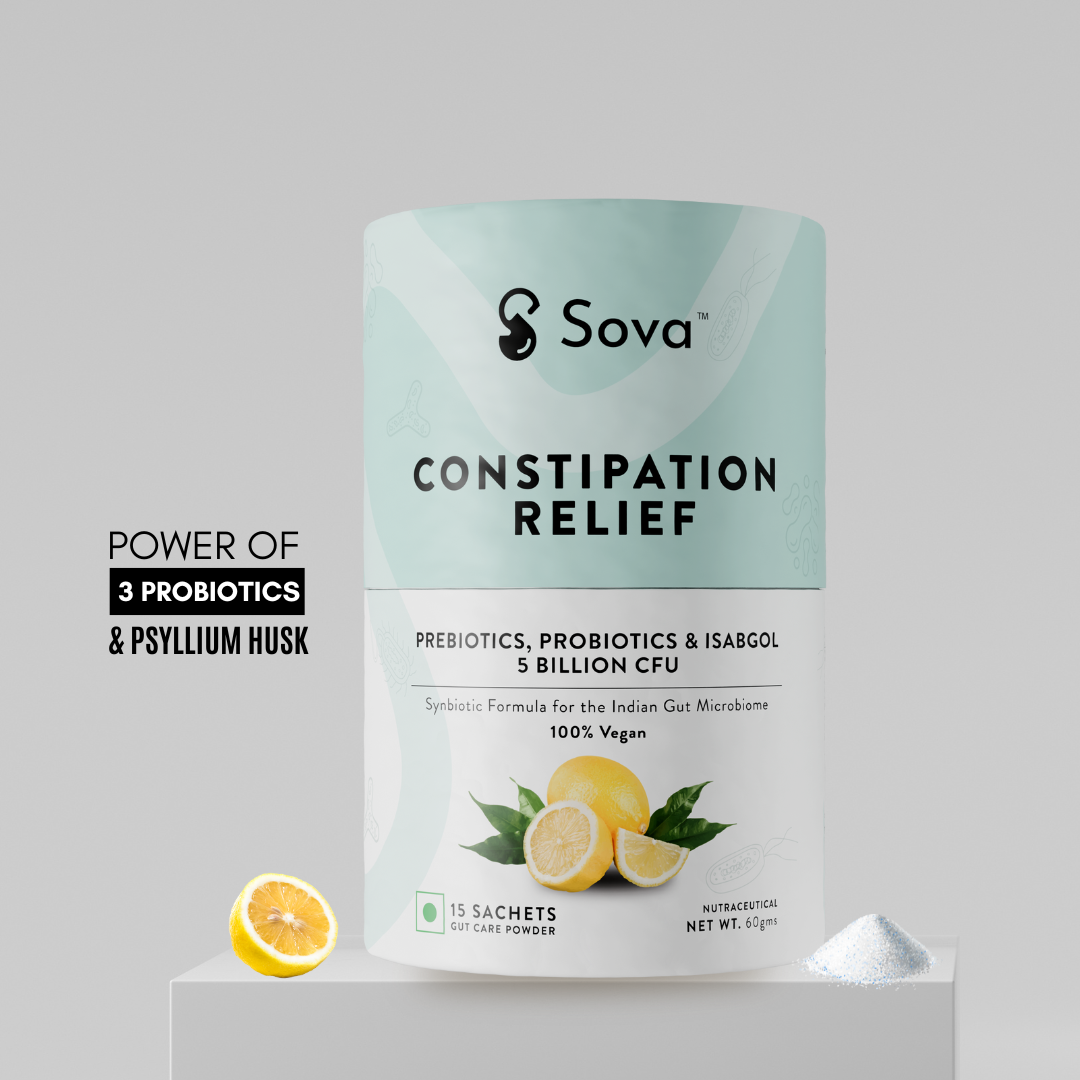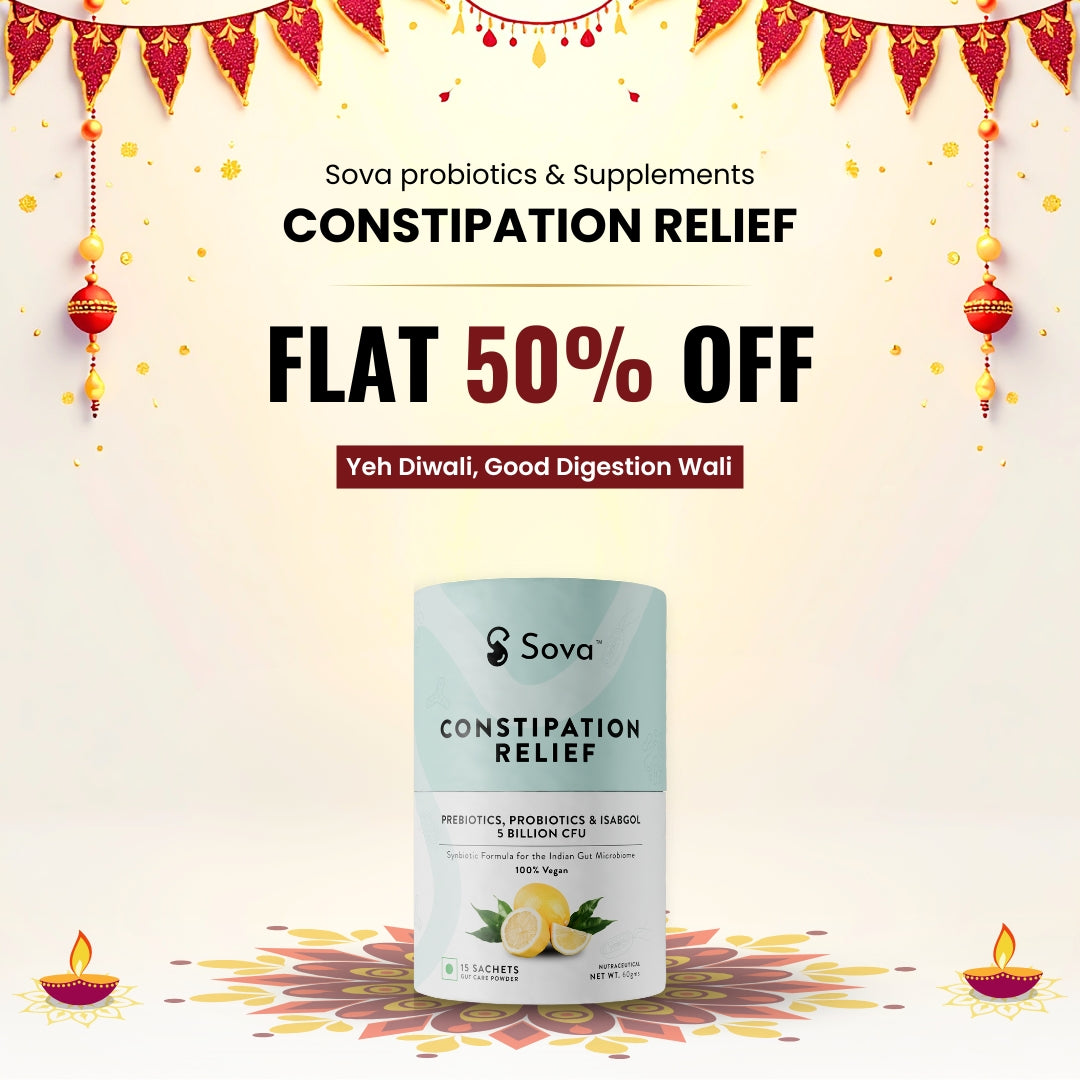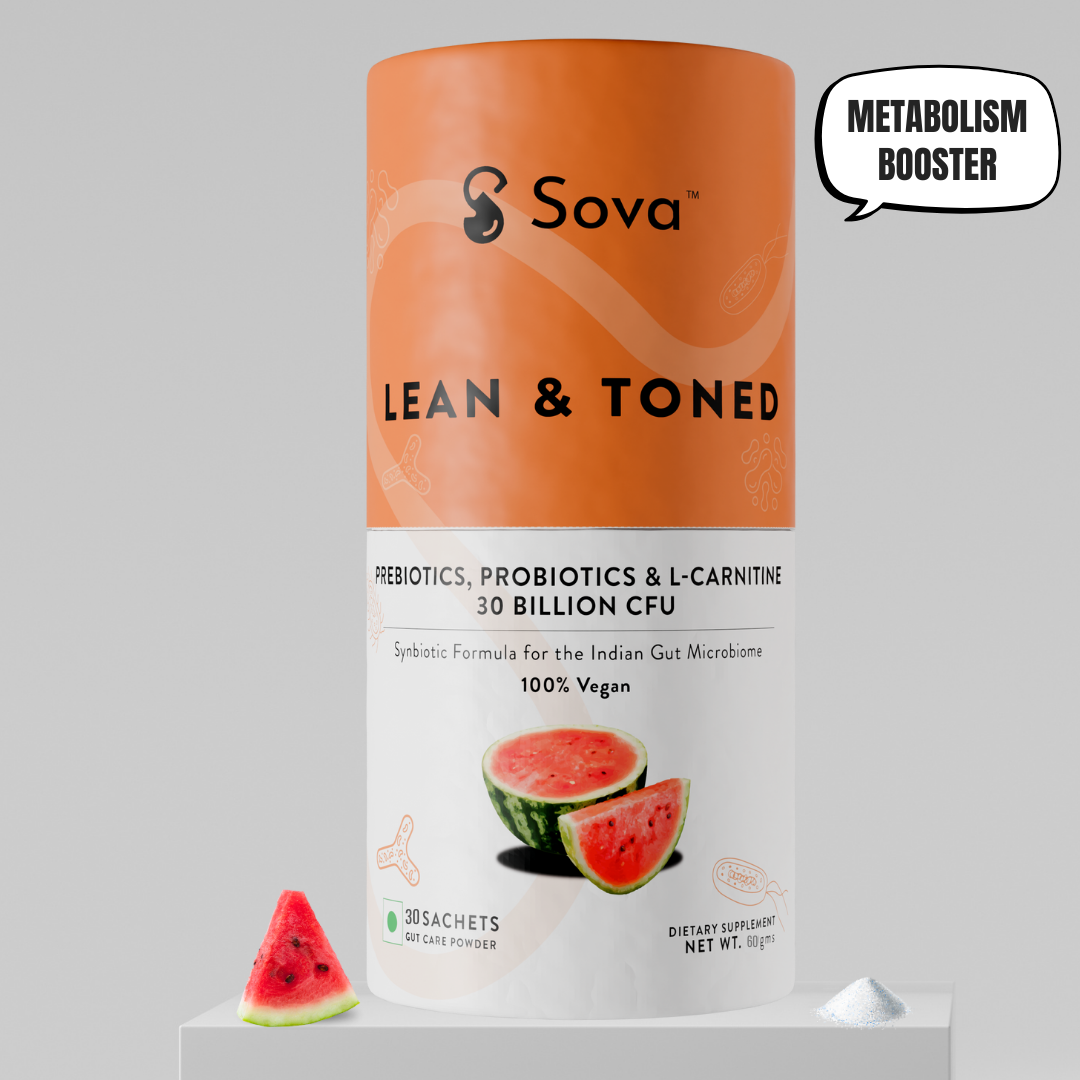Small Intestinal Bacterial Overgrowth (SIBO) is a condition that occurs when an excessive amount of bacteria proliferates in the small intestine, leading to digestive disturbances and various health complications. If left untreated, SIBO can worsen and affect overall gut health, triggering nutrient malabsorption, weight loss, and gastrointestinal discomfort. Fortunately, a holistic approach to SIBO therapy can alleviate symptoms, promote recovery, and restore balance in your digestive system.
What Causes Small Intestinal Bacterial Overgrowth (SIBO)?

SIBO typically occurs when the normal flow of bacteria in the digestive system is disrupted. Several factors can contribute to the development of SIBO, including:
-
Poor Gut Motility: Conditions such as diabetes or hypothyroidism can lead to slowed gut motility, causing bacteria to accumulate in the small intestine.
-
Structural Abnormalities: Post-surgical changes or anatomical irregularities in the gut, such as short gut syndrome, can predispose individuals to bacterial overgrowth.
-
Weakened Immune System: A compromised immune system can struggle to keep bacteria in check, allowing an overgrowth in the small intestine.
-
Use of Antibiotics or Acid-Suppressing Medications: These medications can disrupt the balance of healthy gut bacteria, increasing the risk of SIBO.
Symptoms of SIBO
SIBO symptoms can vary in intensity and may overlap with other digestive disorders. Common signs of Small Intestinal Bacterial Overgrowth (SIBO) include:
-
Bloating and gas
-
Abdominal pain or discomfort
-
Diarrhea or constipation
-
Fatigue and lethargy
-
Unexplained weight loss
-
Malabsorption of nutrients (leading to deficiencies in vitamins and minerals)
Also Read: What Are the Best Ways to Improve Gut Health?
Health Risks Posed by SIBO
Small Intestinal Bacterial Overgrowth (SIBO) can not only lead to digestive issues but also to broader health risks. One of the primary concerns is malabsorption of nutrients. Excess bacteria interfere with the breakdown and absorption of essential vitamins and minerals, particularly vitamins B12 and D, iron, and fat-soluble nutrients. This can result in deficiencies, leading to fatigue, weakness, anemia, and neurological issues.
SIBO also contributes to chronic digestive discomfort, including bloating, diarrhea, constipation, and abdominal pain. The fermentation of undigested food by bacteria produces excess gas, leading to significant bloating and discomfort after eating. Additionally, SIBO is linked to increased intestinal permeability, commonly known as "leaky gut," which can trigger systemic inflammation and immune dysfunction. This increases the risk of food intolerances, autoimmune disorders, and chronic fatigue.
If left untreated, SIBO can lead to long-term gastrointestinal damage, weight loss, and a decline in overall health, making early diagnosis and treatment essential.
SIBO Myths Busted
SIBO is often misunderstood as a simple digestive issue, but its effects can be far-reaching. The overgrowth of bacteria in the small intestine disrupts digestion and can lead to chronic malabsorption of nutrients. This impacts the body’s ability to absorb vitamins, minerals, and even calories, resulting in symptoms like bloating, fatigue, and weight loss. Early diagnosis is crucial to prevent long-term complications such as leaky gut or even irritable bowel syndrome (IBS). A tailored SIBO cure plan that incorporates diet, medication, and lifestyle changes can significantly reduce symptoms and promote gut healing for lasting results.
Effective SIBO Treatment Options
SIBO treatment requires a multifaceted approach that targets the underlying causes, manages symptoms, and prevents recurrence. Here are some of the most effective strategies for treating Small Intestinal Bacterial Overgrowth.
1. Dietary Modifications
The role of diet in managing SIBO therapy is crucial, as certain foods can either feed the overgrown bacteria or help starve them. Dietary modifications can control bacterial overgrowth and alleviate symptoms.
-
Low-FODMAP Diet: The Low-FODMAP diet eliminates certain fermentable carbohydrates that fuel bacterial growth, which can reduce symptoms like bloating and diarrhea. This diet is typically followed for a few weeks to months before reintroducing foods.
-
Elemental Diet: An elemental diet is a liquid formula composed of easily absorbable nutrients, which starve the bacteria in the small intestine while nourishing the individual. It is often used as a short-term intervention for severe cases of SIBO.
-
Specific Carbohydrate Diet (SCD): This diet focuses on eliminating complex carbohydrates that are difficult to digest, thus minimizing bacterial fermentation and alleviating symptoms.
2. Antibiotic Therapy
Antibiotic treatment is one of the most common medical approaches for SIBO cure. The aim is to reduce the bacterial load in the small intestine. Common antibiotics used in SIBO therapy include:
-
Rifaximin: A widely prescribed antibiotic for SIBO due to its minimal systemic absorption, meaning it works primarily in the intestines with fewer side effects.
-
Metronidazole and Neomycin: These are also effective in treating SIBO, especially in cases where methane-producing bacteria are present.
While antibiotics can be effective, they may not always address the root cause of SIBO. Repeated courses may be necessary, and the risk of recurrence remains if underlying issues are not resolved.
Take a Gut Health Test Today
3. Herbal Antimicrobials
Herbal antimicrobials are a natural alternative to antibiotics for SIBO therapy. These plant-based compounds can be equally effective in reducing bacterial overgrowth, with fewer side effects. Common herbal treatments include:
-
Berberine: Derived from several plants, berberine is effective against a range of bacterial strains and has been shown to reduce SIBO symptoms.
-
Oregano Oil: Known for its potent antibacterial and antifungal properties, oregano oil is another popular option for addressing bacterial overgrowth.
-
Garlic Extract: Allicin, the active component in garlic, has antimicrobial properties that can target methane-producing bacteria.
Herbal antimicrobials are often used as part of a long-term SIBO cure plan, especially for individuals who prefer natural remedies or are resistant to antibiotics.
4. Probiotics and Prebiotics

Restoring the balance of healthy bacteria in the gut is essential for SIBO cure and preventing recurrence. Probiotics introduce beneficial bacteria, while prebiotics feed these good bacteria, helping to maintain a healthy gut microbiome. Certain strains of probiotics, such as Lactobacillus and Bifidobacterium, are particularly helpful in alleviating SIBO symptoms.
However, caution is needed with probiotic use, as some individuals with SIBO may initially experience worsened symptoms. It's best to introduce them gradually and monitor for any adverse reactions.
5. Addressing Underlying Conditions
For successful and long-lasting SIBO treatment, it's crucial to address any underlying conditions that may contribute to bacterial overgrowth. This may include:
-
Improving Gut Motility: Medications or lifestyle changes that enhance gut motility can help reduce the risk of bacterial accumulation in the small intestine.
-
Managing Short Gut Syndrome: Individuals with short gut problems may need tailored treatment plans, as this condition often leads to bacterial overgrowth due to structural changes in the intestines.
-
Correcting Nutrient Deficiencies: SIBO can lead to malabsorption of key nutrients such as vitamin B12, iron, and fat-soluble vitamins. Replenishing these nutrients is critical for recovery.
6. Lifestyle and Stress Management
The connection between stress and gut health is well-documented. Chronic stress can impair gut motility, weaken the immune system, and exacerbate digestive symptoms. Incorporating stress-reduction techniques such as yoga, meditation, or deep breathing exercises can support a successful SIBO treatment plan.
Adequate sleep, regular physical activity, and maintaining a healthy weight are also important factors in managing Small Intestinal Bacterial Overgrowth and ensuring a well-functioning digestive system.
Also Read: Top 7 Probiotic Foods That Help Reduce Bloating and Improve Gut Health
SIBO and Short Gut Syndrome: A Complex Relationship
For individuals with short gut syndrome, the risk of developing SIBO is significantly higher due to the altered structure of their intestines. Short gut problems often result from surgical removal of parts of the small intestine, leading to reduced digestion and nutrient absorption. This condition disrupts the normal movement of bacteria through the digestive tract, allowing them to multiply in the small intestine.
Managing SIBO in patients with short gut problems often requires specialized treatment, including a focus on dietary modifications, motility agents, and careful monitoring of nutrient levels. A personalized approach to treatment is critical to improve quality of life and prevent complications.
Recommended Diet for SIBO Patients: Foods to Eat & Avoid
Managing SIBO effectively requires a well-balanced diet that reduces fermentation in the gut while providing essential nutrients for healing.
Foods to Eat
-
Lean Proteins: Opt for easily digestible proteins such as chicken, turkey, fish, and eggs, as they do not contribute to fermentation in the gut and help maintain muscle mass. Grass-fed beef can also be included in moderation, while plant-based proteins like tofu and tempeh may be suitable for some individuals.
-
Non-Starchy Vegetables: Incorporate vegetables like zucchini, spinach, kale, carrots, and bell peppers, as they provide essential vitamins and minerals without feeding harmful bacteria. Leafy greens like lettuce and bok choy are also great choices, as they are gentle on digestion.
-
Low-FODMAP Fruits: Consume fruits like strawberries, blueberries, oranges, pineapple, kiwi, and papaya, as they are less likely to cause bloating and gas compared to high-FODMAP fruits. Ripe bananas can be eaten in moderation, but unripe bananas may cause digestive discomfort.
-
Lactose-Free Dairy Alternatives: Choose dairy options like hard cheeses (cheddar, Parmesan) and lactose-free yogurt, as they are easier to digest for those with SIBO. Plant-based alternatives like coconut milk and almond milk can be included if they do not cause symptoms.
-
Gluten-Free Grains: Stick to low-fiber, easily digestible grains like white rice, quinoa, and oats (if tolerated), as they provide energy without aggravating gut symptoms. Alternative grains like millet may also be suitable for some individuals.
Foods to Avoid
-
High-FODMAP Vegetables: Avoid vegetables like onions, garlic, cauliflower, broccoli, and Brussels sprouts, as they are highly fermentable and can worsen bloating and gas.
-
High-FODMAP Fruits: Stay away from apples, pears, cherries, watermelon, and mangoes, as these fruits contain sugars that feed bacteria and trigger symptoms.
-
Legumes and Beans: Limit lentils, chickpeas, black beans, and kidney beans, as they are high in fermentable fibers that can cause digestive distress in SIBO patients.
-
Dairy Products with Lactose: Avoid milk, soft cheeses, and regular yogurt, as they contain lactose, which can lead to bloating, diarrhea, and discomfort in individuals with SIBO.
-
Gluten-Containing Grains: Reduce or eliminate wheat, barley, and rye, as gluten can irritate the gut lining and contribute to inflammation and symptoms.
-
Processed and Sugary Foods: Cut out sugary snacks, artificial sweeteners, sodas, and processed foods, as they promote bacterial overgrowth and worsen gut imbalances.
-
Carbonated and Alcoholic Beverages: Minimize consumption of beer, wine, soft drinks, and sparkling water, as they introduce excess gas into the digestive system and can cause bloating.
Following this diet can help manage SIBO symptoms effectively and support gut healing. However, dietary responses vary from person to person, so working with a healthcare professional or nutritionist is recommended for a personalized approach.
Also Read: 3 Foods to Eat More and 3 Foods to Ditch to Promote a Healthy Gut Microbiome
Conclusion: Achieving Gut Health with a Holistic Approach
Successfully treating Small Intestinal Bacterial Overgrowth (SIBO) requires a comprehensive approach that addresses the root causes, alleviates symptoms, and prevents recurrence. Whether through dietary changes, medical interventions, or lifestyle adjustments, managing SIBO can restore balance in your digestive system and improve overall health.
By following a personalized treatment plan that incorporates these strategies, individuals can overcome the discomfort and long-term consequences of SIBO, achieving better digestive function and enhanced quality of life.

